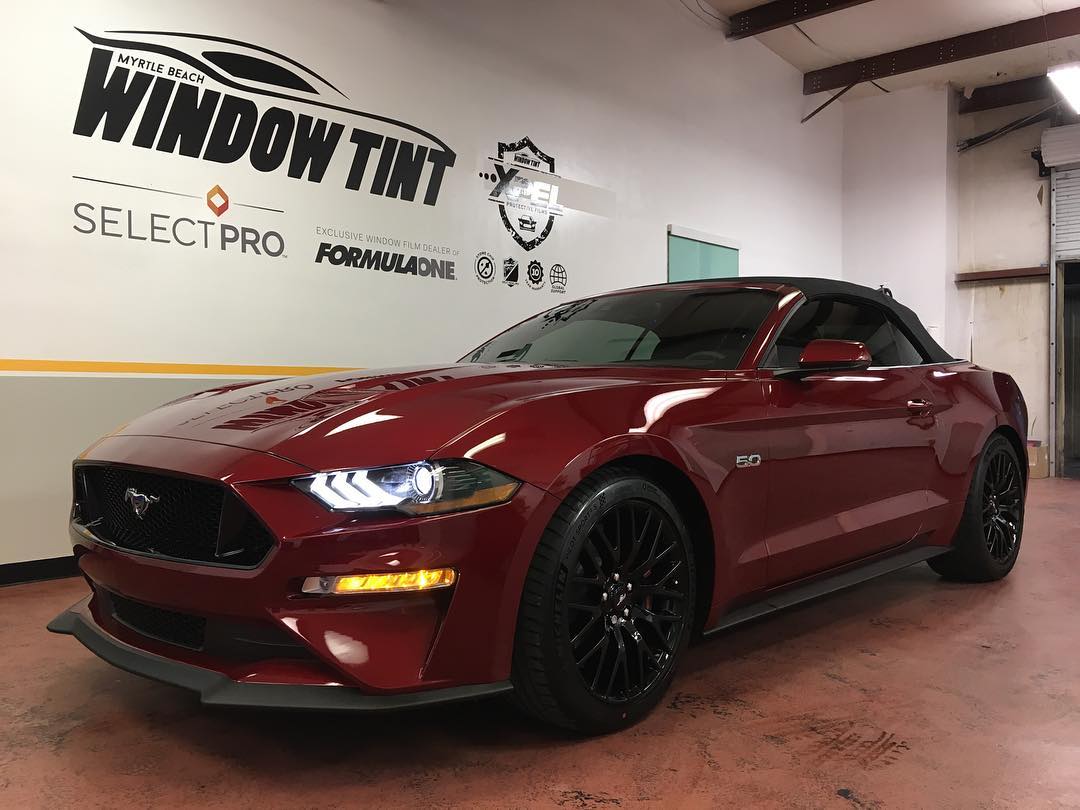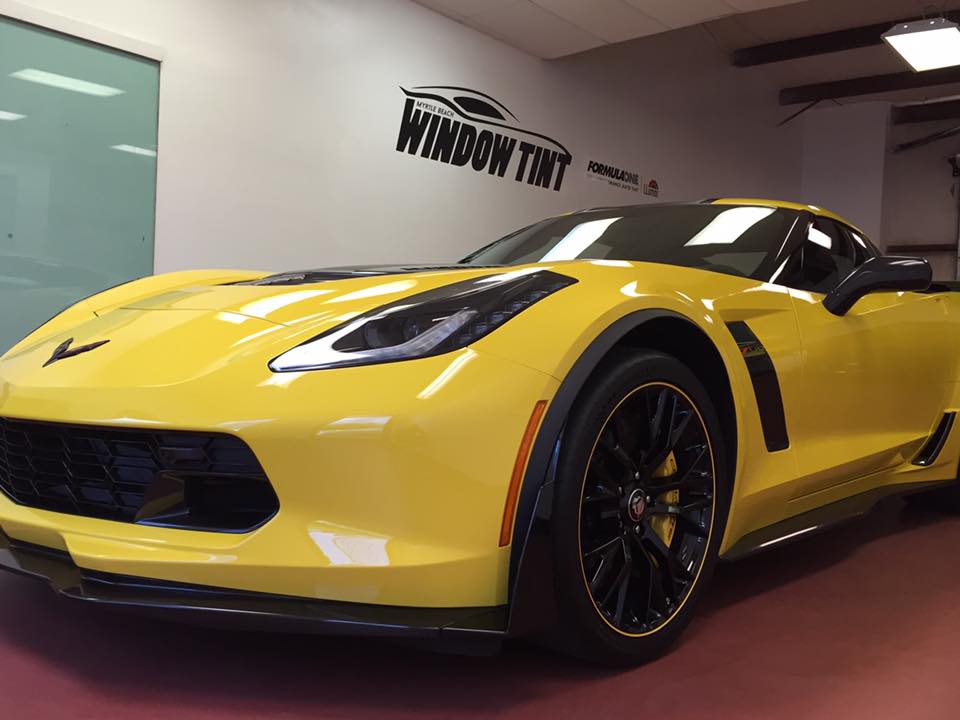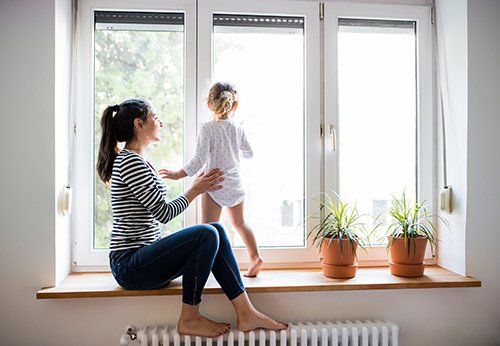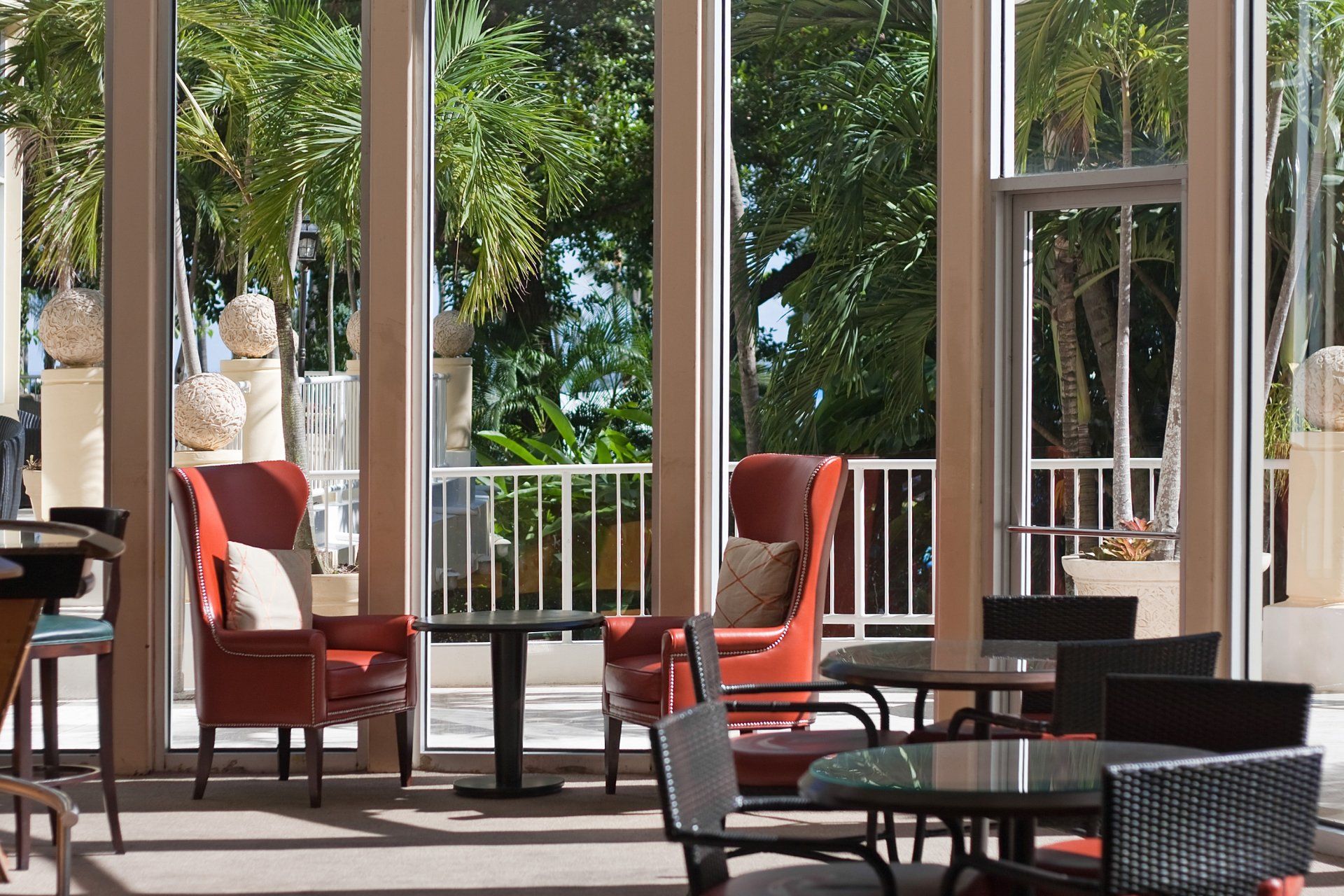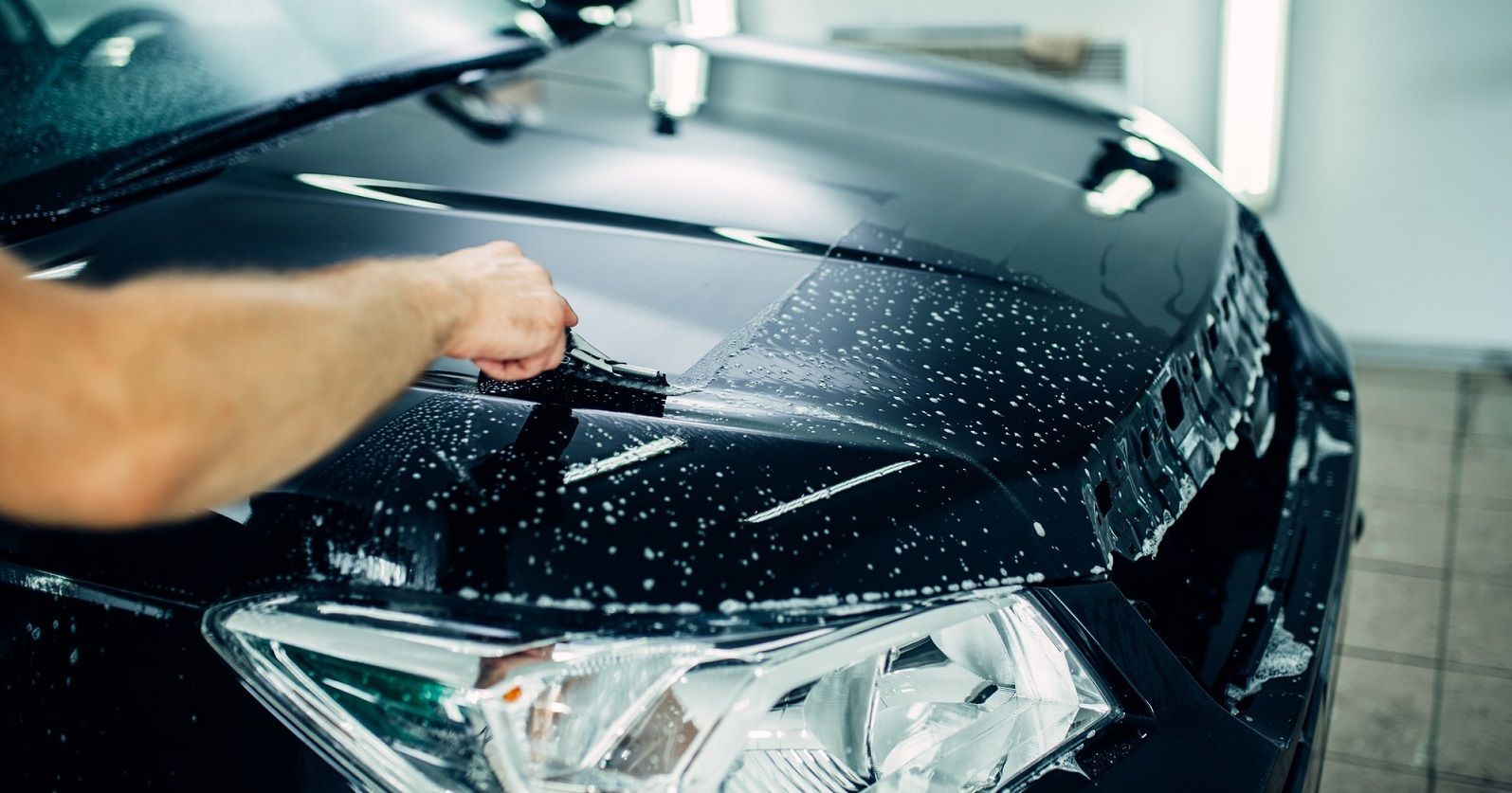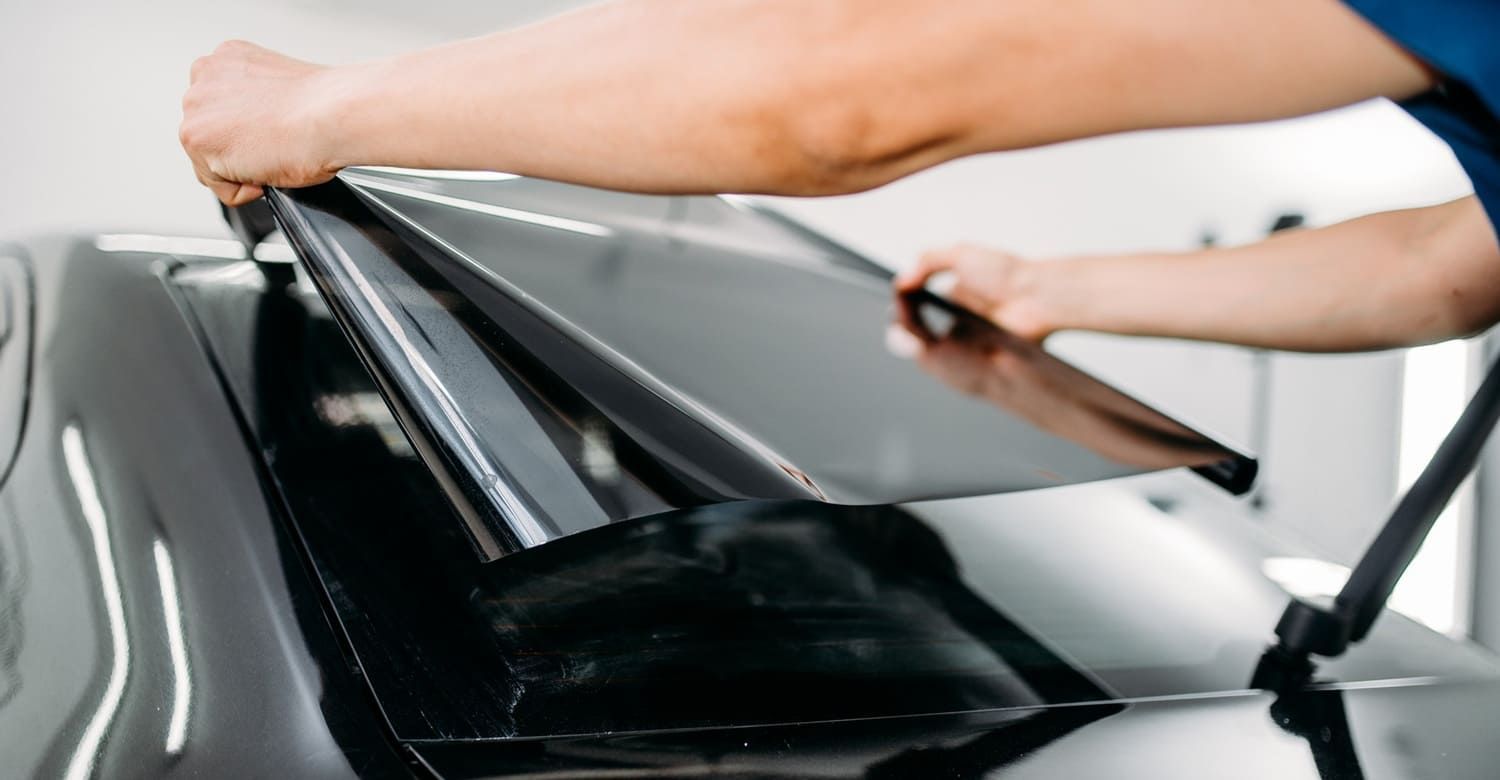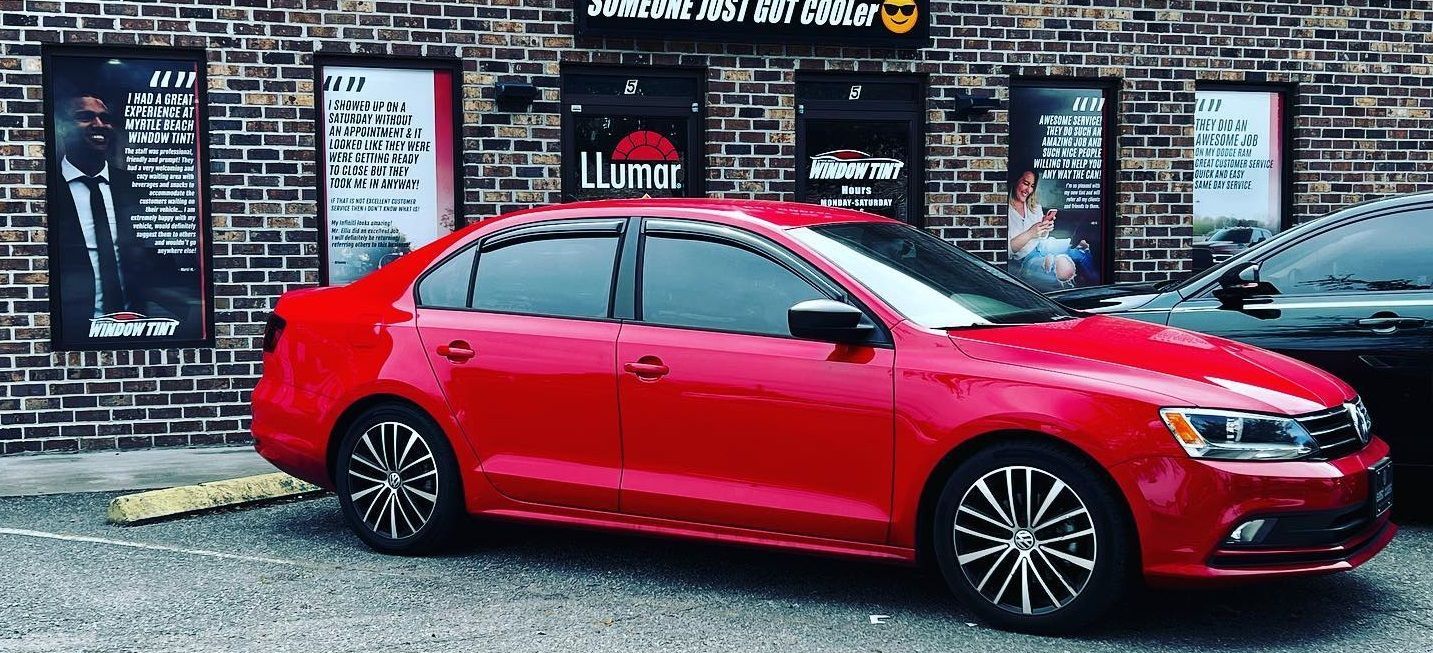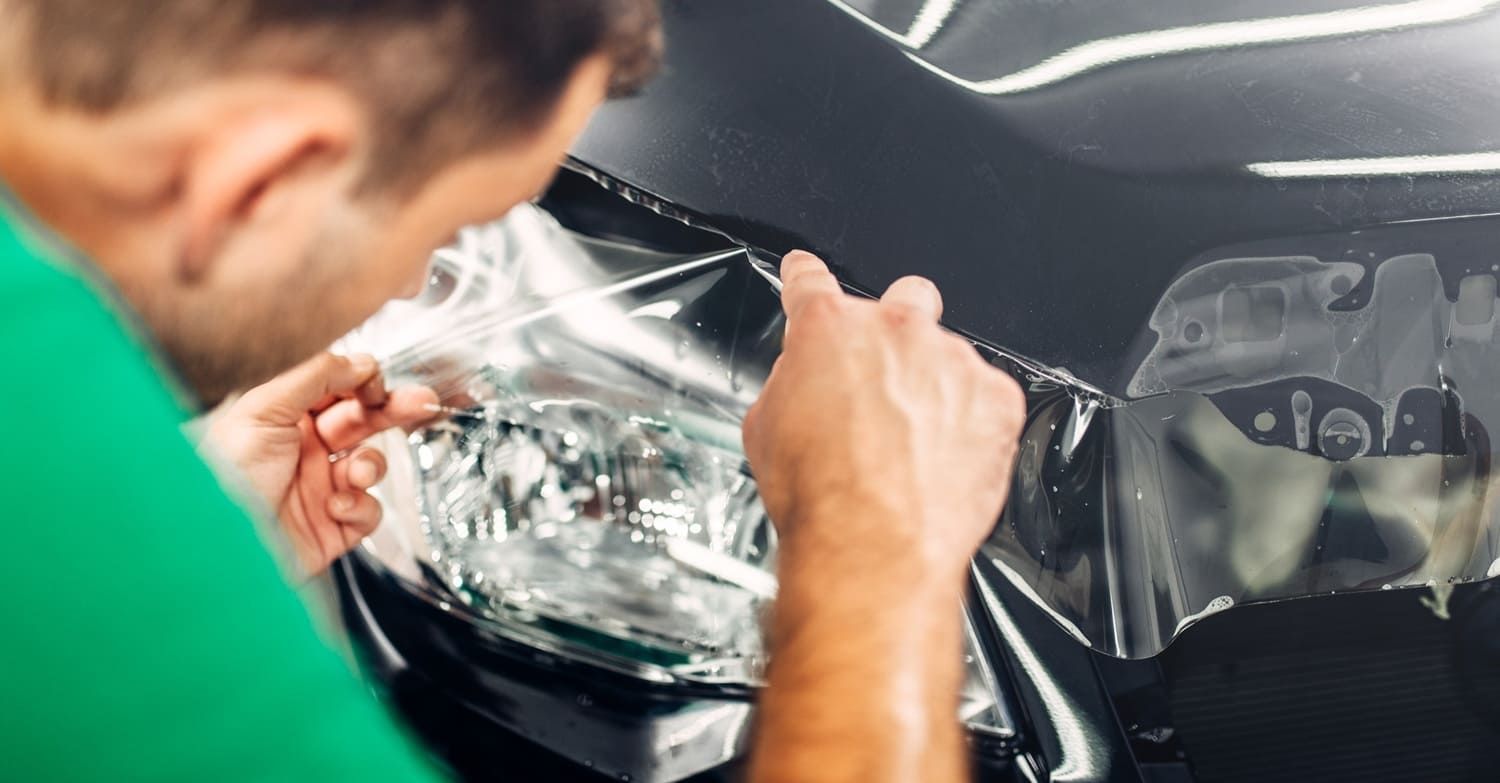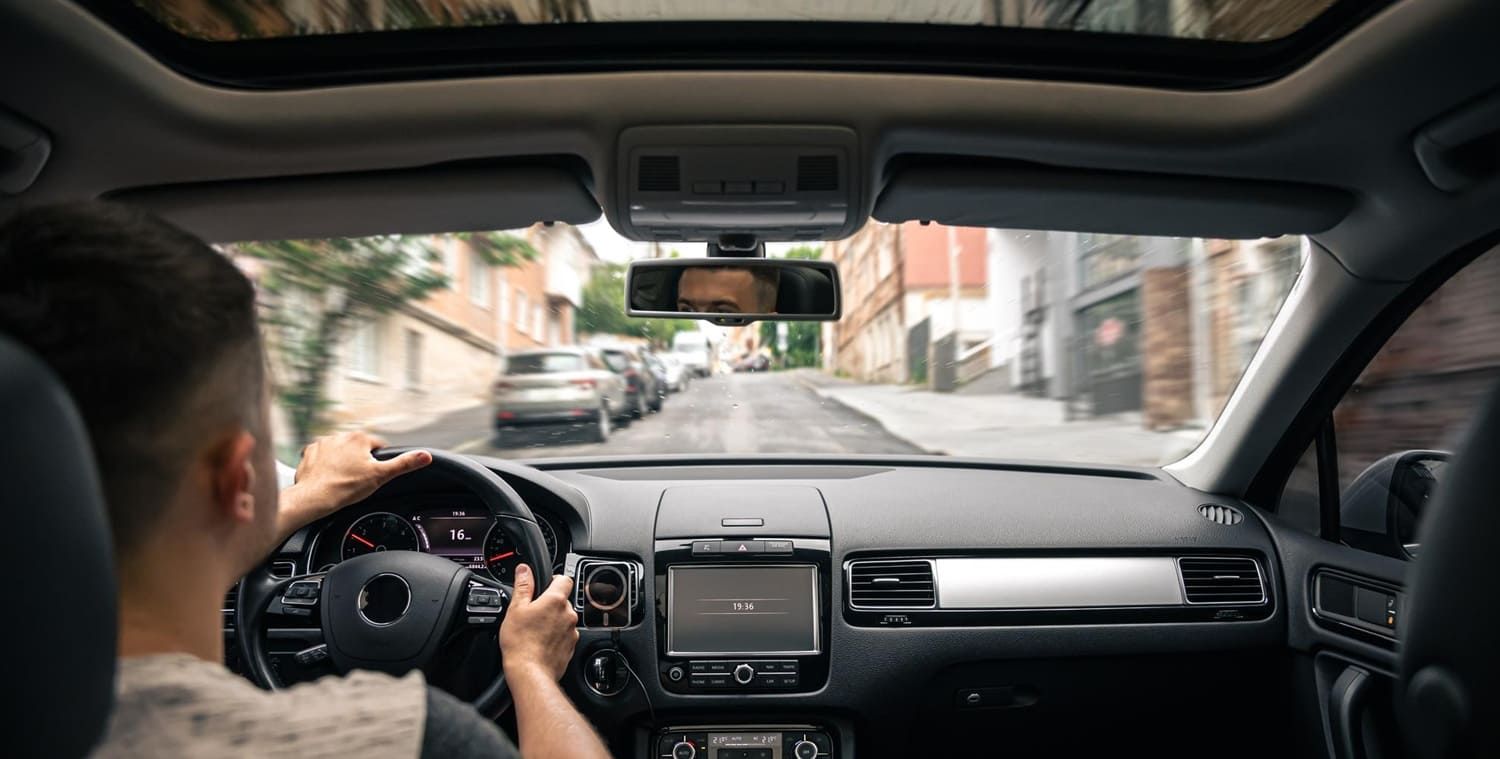Benefits of Window Tinting for Privacy
In the quest for home privacy, window tinting has emerged as a popular solution. It offers a blend of aesthetics, functionality, and privacy that few other options can match.
Window tinting for privacy is more than just a cosmetic upgrade. It's a practical way to enhance your home's comfort and security. From blocking prying eyes to reducing glare, the benefits are manifold.
But how does it work? And what makes it a worthy investment for homeowners? This article aims to answer these questions and more.
We'll delve into the types of privacy window tints available and their advantages. We'll also guide you on choosing the right tint for your home.
Whether you're considering a home renovation or simply seeking to boost your privacy, this guide will provide valuable insights. Let's explore the benefits of window tinting for privacy together.
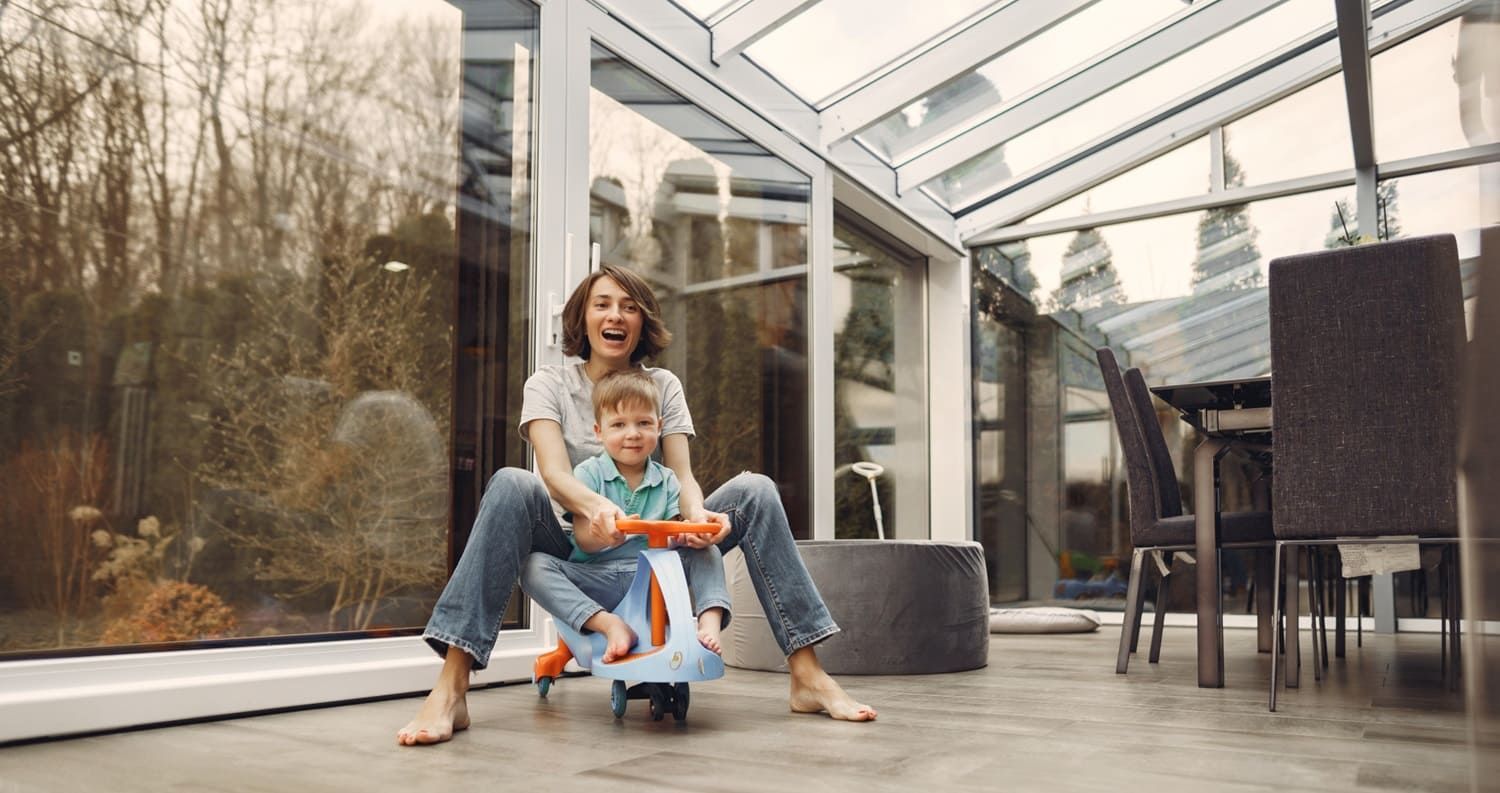
Understanding Window Tinting for Privacy
Window tinting for privacy involves applying a thin film to your windows. This film is designed to limit visibility from the outside, providing a shield against unwanted attention.
However, it's not just about blocking views. Privacy window tinting also allows natural light to filter through, maintaining a bright and welcoming interior.
How Does Window Tinting Enhance Privacy?
The magic of window tinting lies in its one-way visibility. During the day, the film reflects sunlight, making it hard for outsiders to see in. Yet, from the inside, your view remains largely unobstructed.
At night, the effectiveness can vary. Some tints may require additional window treatments to ensure privacy when interior lights are on.
Types of Privacy Window Tints
There's a wide array of privacy window tints to choose from. Each type offers a unique blend of privacy, light control, and aesthetic appeal.
- Reflective tints are highly effective for privacy. They give your windows a mirror-like appearance from the outside, reflecting sunlight and obscuring the view in.
- Frosted tints provide a soft, diffused light. They offer excellent privacy without compromising on natural light.
- Decorative tints can mimic the look of etched or stained glass. They add an artistic touch while enhancing privacy.
Your choice will depend on your specific needs and aesthetic preferences. It's all about finding the right balance between privacy, light control, and style.
Advantages of Tinted Windows for Home Privacy
Tinted windows offer a host of benefits beyond privacy. They can enhance your home's comfort, security, and aesthetic appeal.
One of the key advantages is the ability to enjoy natural light without sacrificing privacy. Unlike curtains or blinds, window tints don't block sunlight. They allow you to bask in the warmth of the sun while keeping prying eyes at bay.
Moreover, tinted windows can add an extra layer of security to your home. The film strengthens the glass, making it harder to break. This can deter potential burglars and provide peace of mind.
Daytime and Nighttime Privacy Solutions
Window tinting offers effective privacy solutions for both day and night. During the day, the film's reflective properties prevent outsiders from seeing in.
At night, while the effectiveness of some tints may decrease, solutions are available. Darker tints or additional window treatments can ensure your privacy is maintained.
UV Protection and Glare Reduction
Tinted windows can also protect your home from harmful UV rays. These rays can cause furniture, carpets, and artwork to fade over time. A good quality window tint can block up to 99% of UV rays, preserving the life of your interior furnishings.
In addition, window tints can reduce glare on screens and monitors. This can make watching TV or working on a computer more comfortable.
Aesthetic Appeal and Customization
Window tints can enhance the aesthetic appeal of your home. They come in a variety of shades and colors to match your home's style.
Whether you prefer a sleek, modern look with dark tints or a softer, more traditional feel with frosted tints, there's a solution for you. The ability to customize your window tinting means you can create the perfect look for your home.
Cost-Effectiveness and Energy Savings
Window tinting is a cost-effective solution for enhancing home privacy. Compared to other window treatments like curtains or blinds, the upfront cost of window tinting is often lower. Plus, it can result in significant energy savings over time.
Tinted windows can help regulate indoor temperatures. They can keep your home cooler in the summer by reflecting sunlight and warmer in the winter by retaining heat. This can reduce your reliance on air conditioning and heating, leading to lower energy bills.
Moreover, window tinting is a one-time investment that can last for many years. This makes it a cost-effective solution in the long run.
Comparing Tinting to Other Window Treatments
When compared to other window treatments, window tinting stands out for its simplicity and effectiveness. Unlike curtains or blinds, window tints don't collect dust, making them easier to maintain.
Moreover, window tints provide consistent privacy throughout the day, without the need for adjustments. This can be a significant advantage over traditional window treatments, which require manual operation.
Longevity and Maintenance of Window Films
Window films are designed to be durable and long-lasting. With proper care, they can maintain their effectiveness and appearance for many years.
Maintenance is straightforward. Cleaning tinted windows is similar to cleaning regular glass. Regular cleaning with a soft cloth and non-abrasive cleaning solution can keep your tinted windows looking their best.
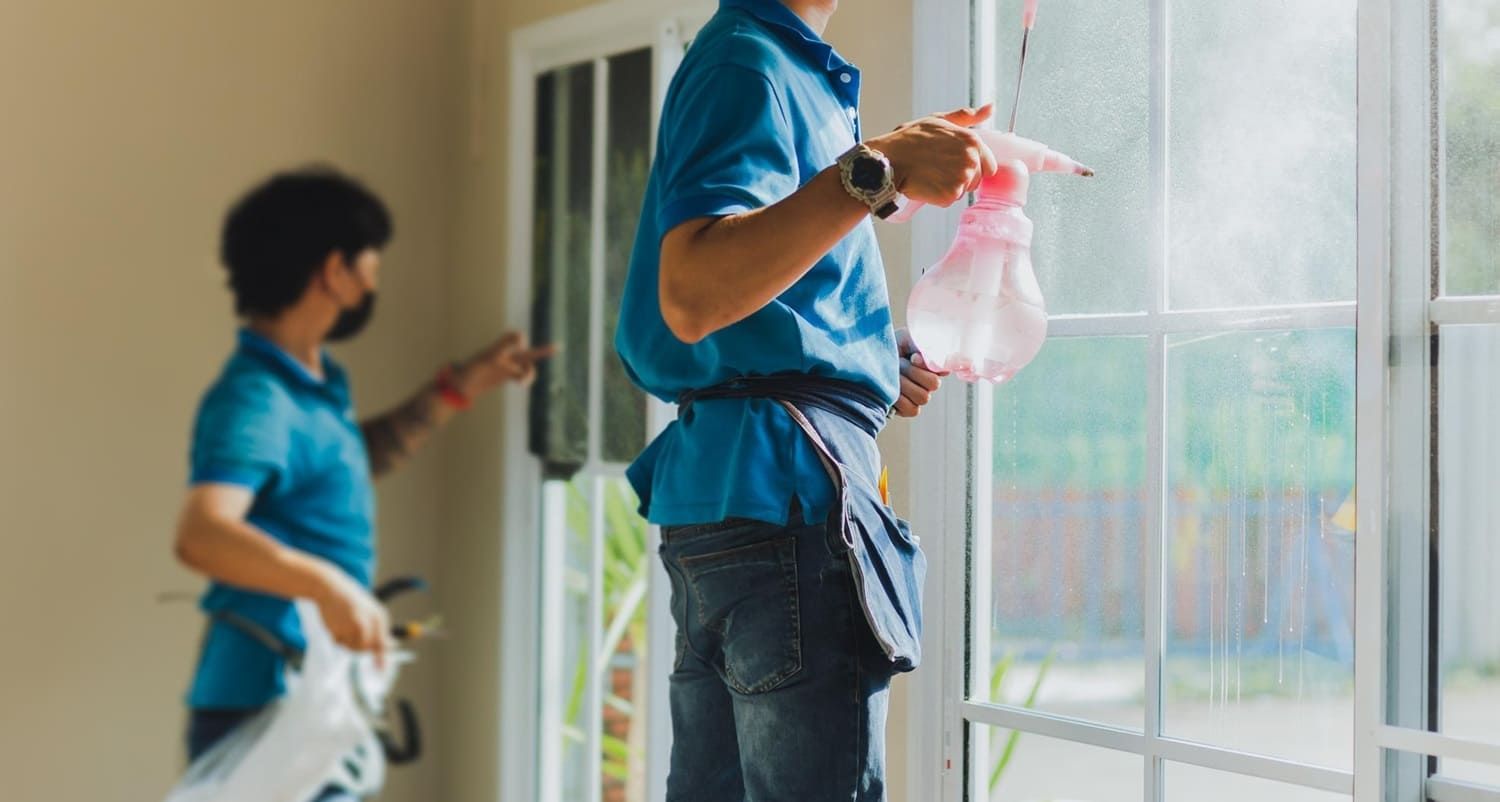
Choosing the Right Privacy Tint for Your Home
Selecting the right window tint for your home is crucial. The right tint can enhance your home's privacy, aesthetics, and energy efficiency. It's not just about choosing the darkest tint available.
Consider your specific needs and preferences. Do you want to block out as much light as possible, or do you prefer a lighter tint that lets in more natural light? Your choice will depend on your privacy needs, aesthetic preferences, and the climate in your area.
Remember, window tinting is not a one-size-fits-all solution. It's about finding the right balance that works for your home.
Factors to Consider When Selecting Window Tint
When selecting window tint, consider the level of privacy you desire. Darker tints offer more privacy but can reduce the amount of natural light. Lighter tints allow more light but offer less privacy.
Also, consider the aesthetic appeal. Window tints come in various colors and shades. Choose a tint that complements your home's design and enhances its curb appeal.
Installation and Regulations
Installing window tinting for privacy can be a DIY project or a job for professionals. The choice depends on your comfort level with home improvement tasks.
Professional installation ensures a flawless finish and saves you time. However, it can be more costly than a DIY project.
On the other hand, DIY installation can be a cost-effective option. But it requires patience and precision to avoid bubbles and wrinkles in the film.
DIY vs. Professional Installation
If you're considering a DIY installation, make sure you have the right tools. These include a squeegee, utility knife, and application solution.
Professional installers have the experience and expertise to ensure a smooth and bubble-free application. They can also provide advice on the best type of tint for your needs.
Understanding Local Regulations
Before installing window tinting, it's important to understand local regulations. Some areas have restrictions on the darkness of window tints.
Check with your local authorities or homeowners association. They can provide information on any restrictions or requirements. This step ensures you stay within legal limits while enhancing your home's privacy.
Next Steps
Window tinting for privacy offers numerous benefits. It enhances privacy, reduces glare, and can even save energy.
Choosing the right tint and installation method can make a significant difference in your home's comfort and privacy.
If you're considering window tinting for privacy, start by researching different types of tints. Look at their benefits, costs, and installation requirements.
Next, reach out to professionals in your area. Myrtle Beach Window Tinting specializes in both home and auto. Contact us today for a free estimate.


